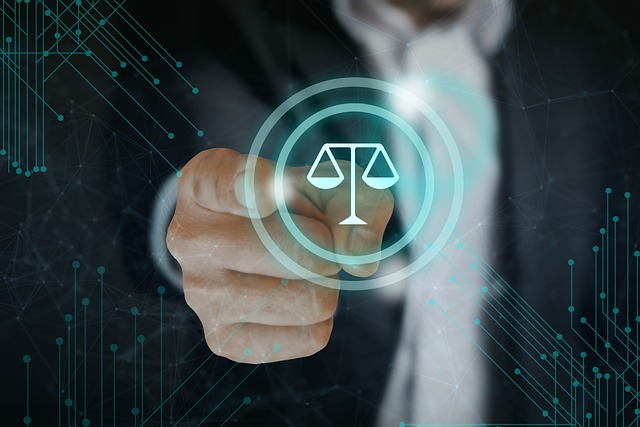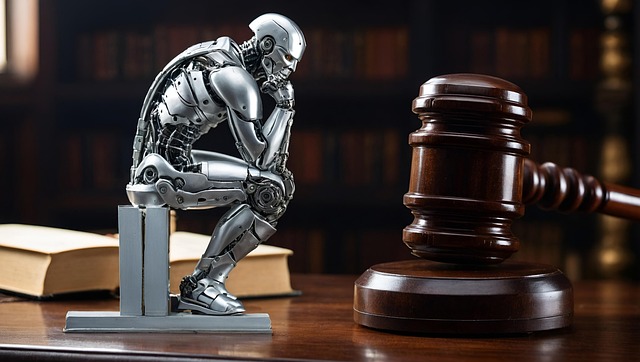Chronic pain significantly impacts not just physical health but also emotional and psychological well-being, leading to feelings of isolation and loss of control. A chronic pain lawyer advocates for clients facing this challenge alongside other barriers like employment issues or property damage claims. These specialists understand the complex interplay between physical suffering and mental turmoil, aiming to address human costs and pursue justice while their clients heal. They offer legal expertise and emotional support, navigate healthcare and legal systems, raise awareness about chronically ill individuals' challenges, and advocate for improved safety standards and elder abuse prevention. Building emotional resilience is crucial during legal battles; support systems, self-care routines, and chronic pain lawyer guidance can significantly manage stress levels.
Chronic pain is more than just physical discomfort; it’s a complex emotional journey that can significantly impact an individual’s mental well-being. This article explores how a dedicated chronic pain lawyer plays a pivotal role in advocating for and supporting those navigating this challenging landscape. We delve into the emotional toll, providing insights on overcoming legal challenges and fostering resilience during proceedings, ultimately highlighting the crucial support offered by these specialists.
- Understanding Chronic Pain: A Complex Emotional Journey
- The Role of a Chronic Pain Lawyer: Advocacy and Support
- Overcoming Challenges: Strategies for Emotional Resilience in Legal Proceedings
Understanding Chronic Pain: A Complex Emotional Journey

Chronic pain is a complex condition that transcends physical symptoms; it deeply impacts an individual’s emotional and psychological state. For those enduring this challenge, everyday life can become an arduous journey filled with frustration, despair, and even anger. The constant companion of chronic pain, it often leads to feelings of isolation and a sense of losing control over one’s body and life. This internal struggle can be particularly challenging for individuals who have already faced significant barriers, such as those dealing with employment contracts or property damage claims due to their condition.
A chronic pain lawyer plays a pivotal role in supporting these individuals by recognizing the intricate interplay between physical suffering and emotional turmoil. They understand that the impact of chronic pain extends beyond legal boundaries; it’s about addressing the human cost of prolonged illness and advocating for those who have endured breach of fiduciary duty, often unseen and unheard, as they navigate their path to healing and justice.
The Role of a Chronic Pain Lawyer: Advocacy and Support

A chronic pain lawyer plays a pivotal role in advocating for individuals grappling with prolonged and debilitating pain. Beyond legal expertise, they offer much-needed support, ensuring their clients’ voices are heard within complex healthcare and legal systems. These attorneys specialize in navigating intricate regulations and policies related to chronic pain management, which can often be a challenging and confusing landscape for sufferers.
Their advocacy extends beyond the courtroom, as they help raise awareness about the challenges faced by chronically ill individuals. By taking on product liability cases involving faulty medical devices or medication errors, for instance, they bring attention to potential risks, pushing for improved safety standards. Similarly, their involvement in elder abuse cases highlights the importance of safeguarding vulnerable adults, while expertise in employment contracts ensures fair treatment for workers dealing with pain-related absences or accommodations.
Overcoming Challenges: Strategies for Emotional Resilience in Legal Proceedings

Navigating legal proceedings with a chronic pain condition can be emotionally challenging. Individuals facing such circumstances often deal with heightened stress and anxiety, impacting their overall well-being. However, building emotional resilience is a vital strategy to overcome these hurdles. A chronic pain lawyer can provide not only legal guidance but also support tailored to the client’s emotional needs.
One effective approach is to establish a robust support system. This could include family, friends, or support groups where individuals can share experiences and gain understanding. Additionally, maintaining a consistent self-care routine, such as exercise, meditation, or counseling, can help manage stress levels. In the context of personal injury claims, contract disputes, or real estate disagreements, where emotions may run high, these strategies become even more crucial for a successful and healthy outcome.
Chronic pain, beyond its physical toll, presents a complex emotional journey. Herein lies the pivotal role of a chronic pain lawyer—to advocate and support individuals navigating this labyrinth. By understanding the intricate interplay between physical suffering and mental health, these legal professionals empower clients to overcome challenges in legal proceedings. A chronic pain lawyer isn’t just about legal strategy; they’re champions of emotional resilience, ensuring their clients’ voices are heard and needs addressed in a world often unaware of the silent struggle.






